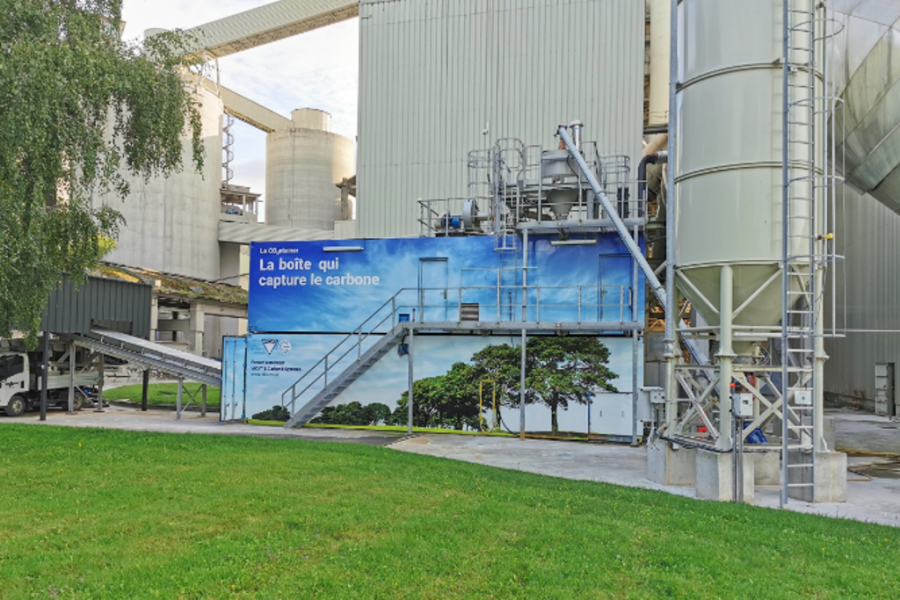DNV, the independent energy expert and assurance provider, has validated the methodology developed and used by Carbon8, an innovative cleantech company specializing in helping hard-to-abate industries reduce carbon emissions and landfilling of thermal residues. Carbon8’s patented technology permanently captures CO2 at source from hard-to-abate industries and DNV has verified that Carbon8’s methodology satisfies the ISO 14064 part 2 standard. The technology also diverts landfill-bound ashes and residues, transforming them into material which can be used within quality construction products and transforming the built environment into a carbon sink.
Eager to demonstrate authenticity, quality, and traceability, Carbon8 selected DNV to validate and authenticate its methodology. The ISO 14064 part 2 requirements specifically relate to quantifying, monitoring, and reporting activities, techniques, and processes that can reduce carbon/greenhouse gas emissions.
DNV validated that the methodology designed and used by Carbon8:
- Provides accurate reporting, eliminating the risk of double counting or inclusion of unsupported removals.
- Measures emissions reduction/removal accurately, accounting for equipment manufacture, operation, and disposal emissions.
- Establishes stringent, transparent, and repeatable monitoring procedures.
Regarding the technology, Jamie Burrows, Head of CCUS, Energy Systems at DNV commented: “Some utilization techniques such as that developed by Carbon8 can capture and store CO2 with a high level of permanence. Such techniques will become increasingly important in the coming years and can be particularly beneficial in locations where CCS might not be an option due to a lack of supportive policy or infrastructure. In addition to producing materials that can be used in established value chains, coupled with biogenic sources of CO2, such techniques can generate Carbon Dioxide Removals with a high level of permanence.”
Maarten van Roon, Carbon8’s Chief Commercial Officer said: “Our main ambition for this methodology is to provide confidence in our technology to customers across industries. The telemetry in our operations provides a dataset that delivers transparency around quantity and provenance, underpinned by the recognition of a highly respected validation partner in DNV.”
Lucy Craig, Senior Vice President and Director of Growth, Innovation and Digitalization, Energy Systems at DNV added “DNV is committed to advancing CCUS and is supporting various parties with Carbon Dioxide Removal methodology validations. By assuring projects and stakeholders, this helps minimize risk and enhances investor appeal; ultimately accelerating the deployment of this critical technology to drive emission reductions.”

